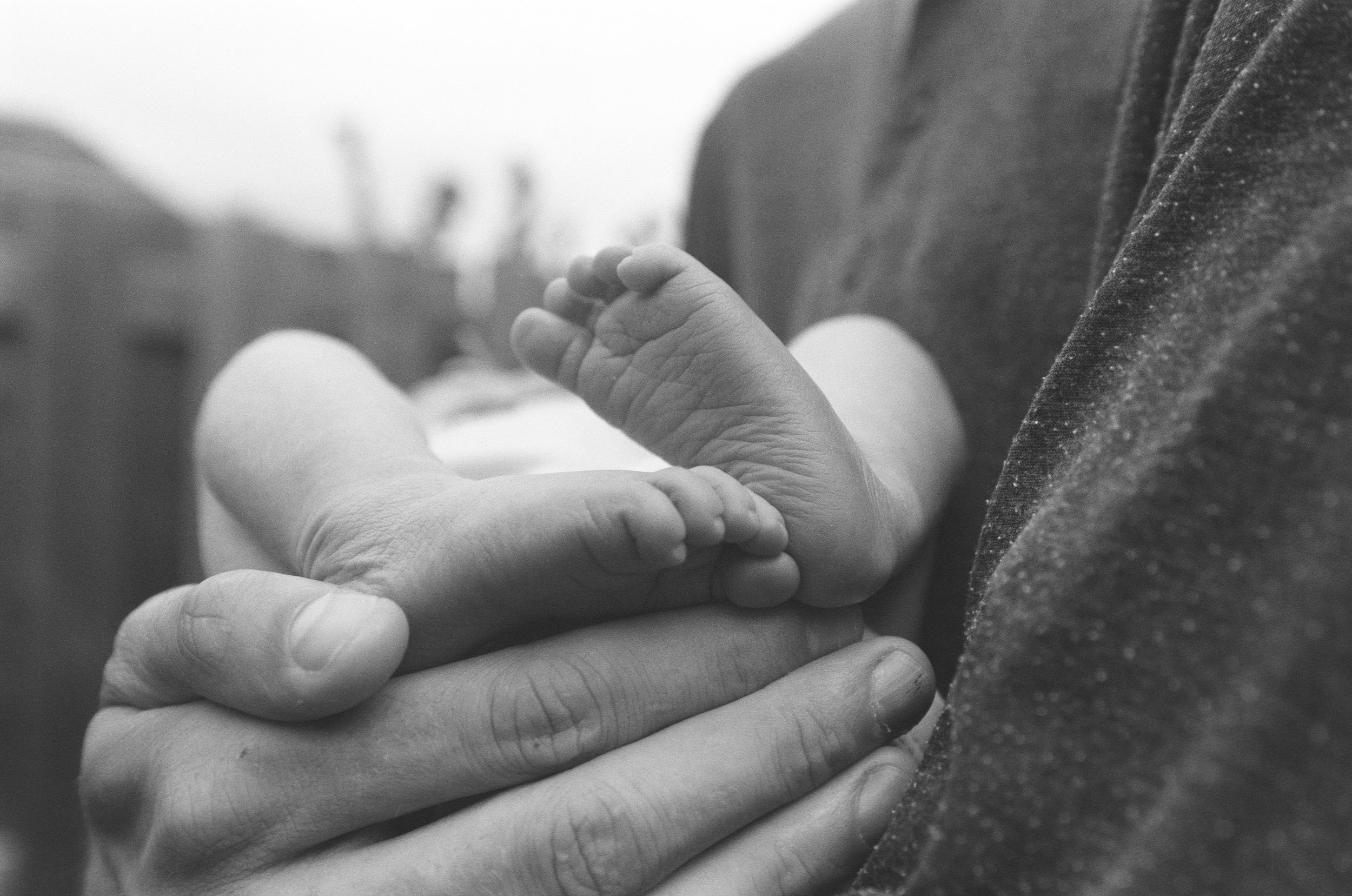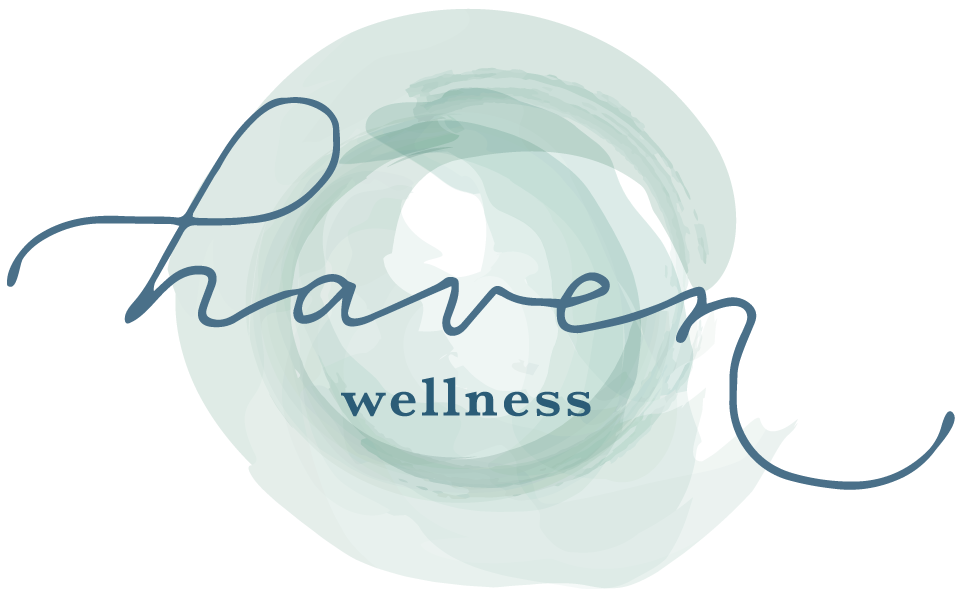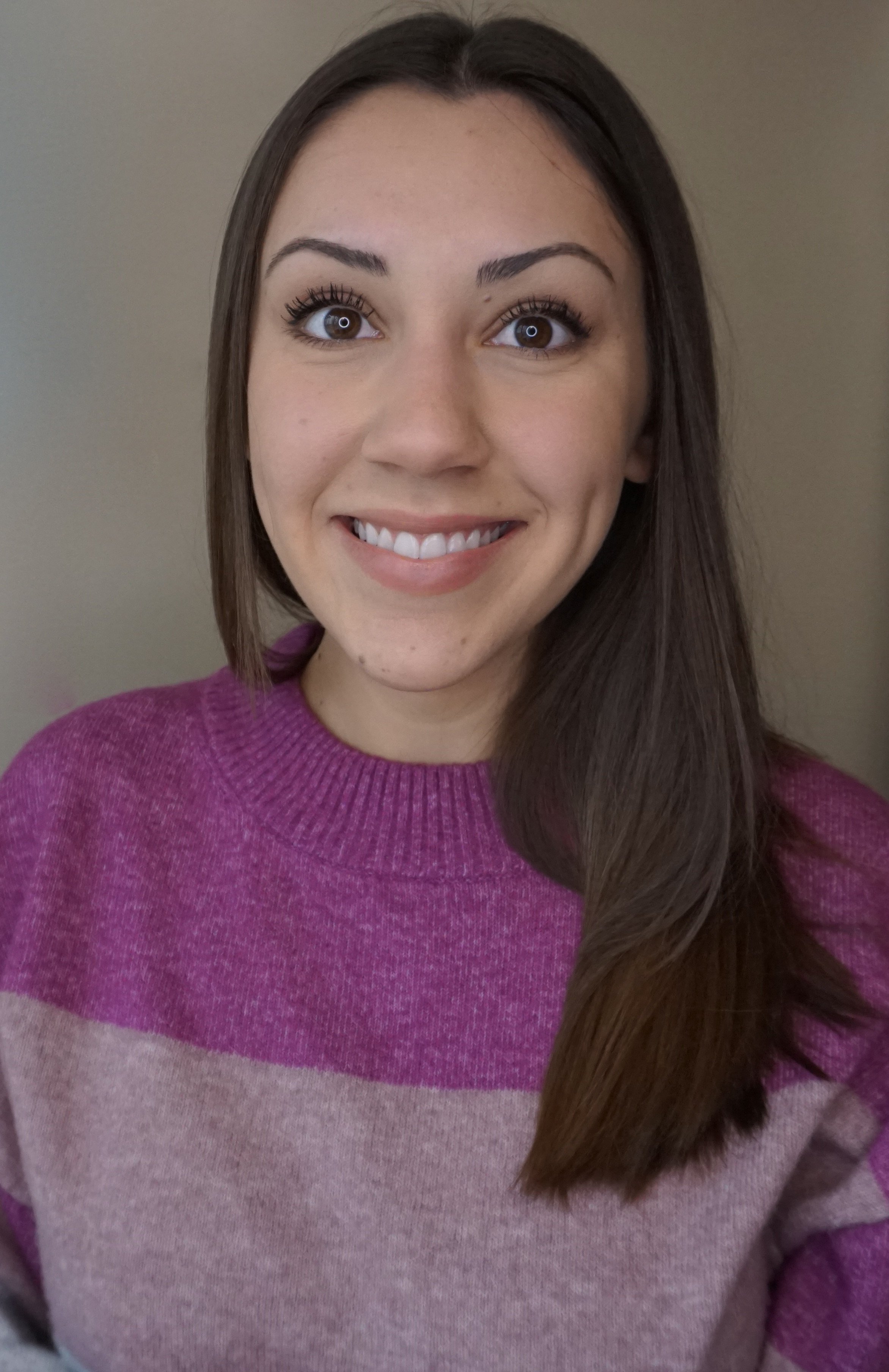
Supportive and collaborative care during life’s biggest transitions
Haven Wellness provides psychotherapy support in Ann Arbor, Michigan and the surrounding areas
Start Here
-
We are so glad you’re interested in working with us.
Psychotherapy Services
If you’re interested in accessing psychotherapy services, please fill out an inquiry on our Counseling page, or reach out to us directly (734-623-9504, info@a2haven.com). One of our team members will reach out to you within one week to discuss your hopes for therapy and gather some details from you, and will then determine which therapist would be a match for you. From there, you will have the option to schedule a brief call with that therapist to determine fit, and then will work with your assigned therapist to schedule an initial session. Should you have a preference for a specific therapist, we are happy to take this into account assuming that the therapist has openings. We always recommend that clients reach out to their insurance company prior to starting sessions to confirm coverage and plan information. Typically, sessions are weekly and last 50-60 minutes.Thank you for trusting us to be involved in your care.
-
We seek to address the gap in care for parents and caregivers during the perinatal period - whether it’s addressing fertility challenges, birth trauma, loss, or perinatal mood concerns. Our therapists also have expertise in generalized anxiety, other kinds of trauma, and mood concerns and see clients from the teenage years through older adulthood. We aim to create a healing environment in which clients of all identities can feel supported and affirmed.
-
COUNSELING
We specialize in the following areas:
• The perinatal period (fertility, pregnancy, postpartum)
• Infertility
• Trauma
• Chronic illness
• Anxiety
• Depression
• Adolescence
• Life transitions -
What is the process for getting started?
To get started, you can reach out to our admin team at info@a2haven.com or fill out an inquiry here on our website. Once you are connected with an intake specialist, they will ask some questions to get some basic information from you and also answer any questions you have about entering therapy or accessing postpartum support.Do you accept insurance?
We are currently able to accept clients with Physicians Health Plan (PHP), which includes Michigan Care through the University of Michigan, and Blue Cross Blue Shield (BCBS) PPO plans.Does Haven only serve perinatal clients?
No; Haven Wellness clinicians see clients from teenagers to older adults, with presenting problems such as anxiety, depression, trauma, attachment or early childhood concerns, and chronic illness.
Counseling
Services
Meet the team
LMSW, PMH-C, CPD
Founder - Haven Wellness
Therapist
Kirby Paterson
LLMSW, CPD
Therapist
Frances Martin
LLMSW
Therapist
Anna Boesch
LLMSW
Therapist
Courtney Schroder
Administrative Support Staff
Amanda Yats
Ariana Riegel
LLMSW
Therapist








